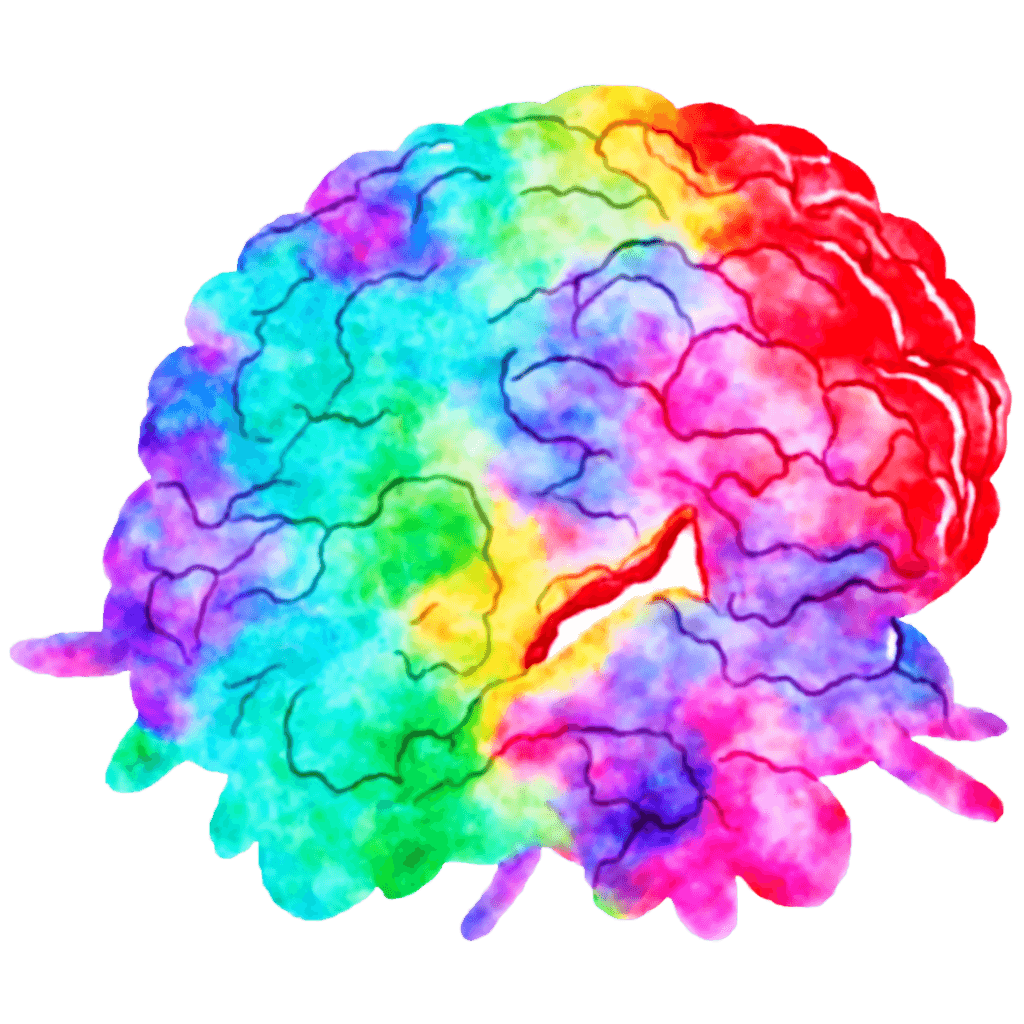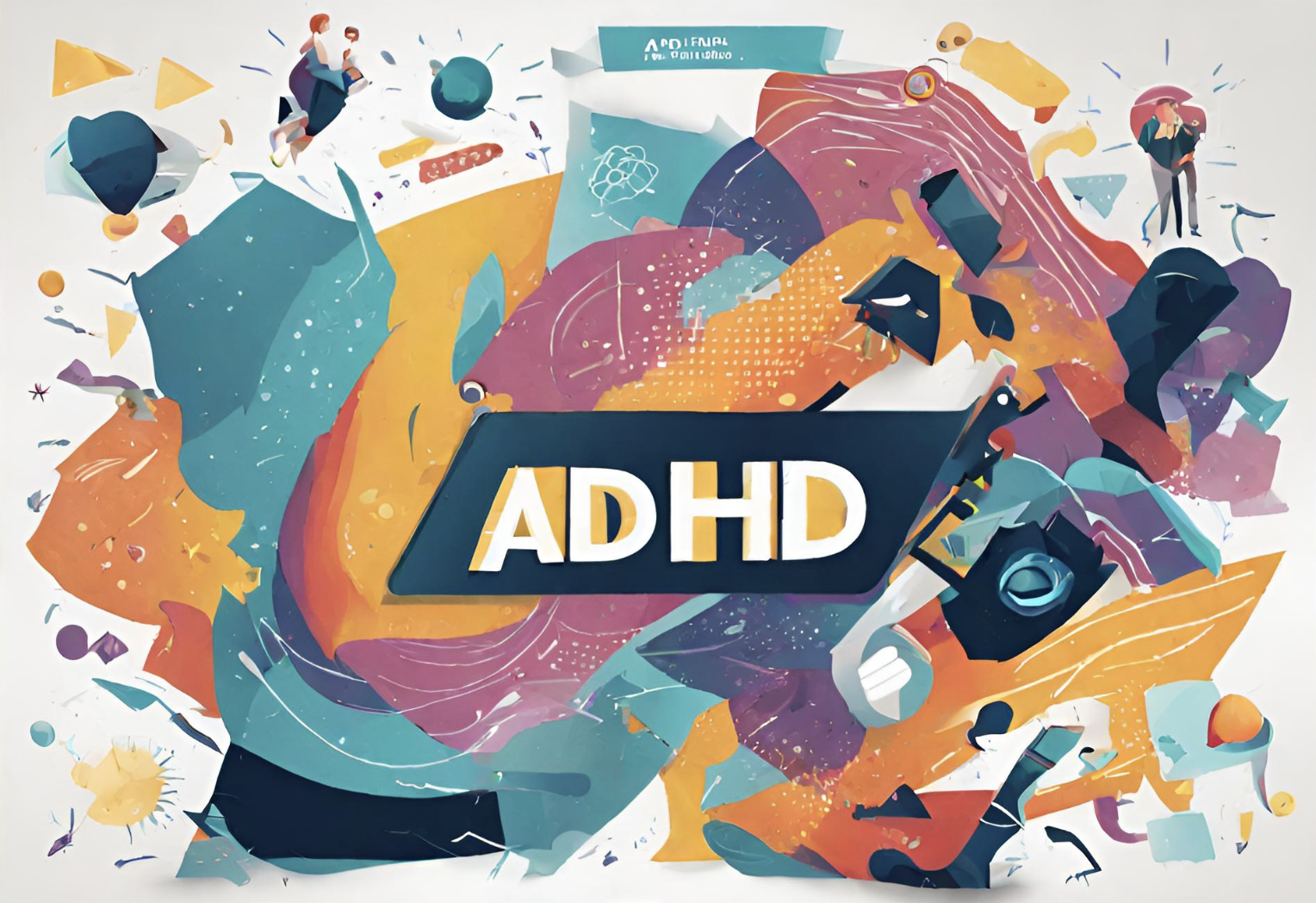Attention Deficit Hyperactivity Disorder (ADHD) is a common neurodevelopmental condition that affects millions of individuals across all ages. Despite its prevalence, there are still many misconceptions surrounding ADHD. These misconceptions can lead to misdiagnosis, lack of understanding, and a sense of isolation for those living with ADHD. In this blog post, we’ll debunk some of the most common myths about ADHD, providing a clearer picture of this condition and its impact on individuals.
Myth #1: ADHD is Just About Fidgeting and Not Paying Attention
Truth: While inattentiveness and hyperactivity/impulsivity are core symptoms of ADHD, the condition manifests in a much broader way. Difficulty with organisation, planning, time management, emotional regulation, and self-control are all common challenges faced by individuals with ADHD. The presentation of these symptoms can also vary significantly. Some may predominantly struggle with inattention, appearing daydreamy or easily distracted, while others might exhibit more hyperactivity or impulsivity, leading to restlessness and difficulty sitting still.
Myth #2: ADHD Only Affects Children
Truth: ADHD is a lifelong condition, and its symptoms can persist well into adulthood. While some children may outgrow certain hyperactive behaviours, the core challenges of ADHD often continue to impact adults in their personal, academic, and professional lives. It’s estimated that around 2.5% of Australian adults have ADHD.
Myth #3: ADHD is Caused by Bad Parenting or Lack of Discipline
Truth: There’s no single cause for ADHD, but it’s believed to be a combination of genetic and environmental factors. Brain scans of individuals with ADHD show differences in brain structure and function compared to neurotypical brains. While parenting style can influence how ADHD manifests, it doesn’t cause the condition itself.

Myth #4: People with ADHD Can’t Be Successful
Truth: Many successful individuals across various fields have ADHD. Their stories highlight that ADHD doesn’t define potential. With proper diagnosis, self-awareness, and support strategies, individuals with ADHD can achieve great things. Some celebrities with ADHD include Rebel Wilson (actress), Richard Branson (entrepreneur), and Alan Jones (former race car driver).
Myth #5: Medication is the Only Way to Manage ADHD
Truth: While medication can be a valuable tool in managing ADHD symptoms, it’s not the only option. A comprehensive approach often includes:
- Psychotherapy: Cognitive behavioural therapy (CBT) can help individuals with ADHD develop strategies for managing their symptoms, improving emotional regulation, and building self-esteem.
- Coaching: ADHD coaching focuses on developing practical skills for managing time, organisation, and executive function challenges.
- Lifestyle changes: Regular exercise, a healthy diet, and adequate sleep can significantly improve symptoms and overall well-being for individuals with ADHD.
Additional Points
Here are some additional points to keep in mind:
- Accessibility to Diagnosis: Getting an ADHD diagnosis can be a lengthy and expensive process. This can be a significant barrier for those seeking support.
- Stigma: Unfortunately, stigma surrounding ADHD persists. This can be discouraging for those seeking diagnosis and support.
- Support Resources: While resources are available for individuals with ADHD, there’s a need for increased awareness and accessibility to support programs.
Moving Forward
By debunking these myths, we can create a more informed and understanding environment for those with ADHD. Here’s what we can do:
- Raise awareness: Educating others about ADHD can help reduce stigma and promote understanding.
- Advocate for better access to diagnosis and support: Prioritise making diagnosis and support services more accessible and affordable.
- Celebrate neurodiversity: Understanding and appreciating neurodiversity is crucial. ADHD comes with strengths as well as challenges.

Empowering Yourself and Others
Living with ADHD can be challenging, but it doesn’t have to hold you back. Here are some ways you can empower yourself and others:
- Seek a diagnosis: A diagnosis is the first step towards getting the support you need. While the process might be lengthy, it’s an investment in your well-being.
- Learn about ADHD: Educate yourself about the condition, its symptoms, and available management strategies.
- Connect with support groups: Connecting with others who understand your experiences can be invaluable. Online forums and local support groups can offer a sense of community and shared understanding.
- Advocate for yourself: Don’t be afraid to speak up for your needs, whether it’s at school, university, or work.
- Develop coping mechanisms: Explore what works best for you in managing ADHD symptoms. This might include techniques for time management, organisation, or emotional regulation.
- Celebrate your strengths: ADHD comes with unique strengths like creativity, problem-solving skills, and out-of-the-box thinking. Embrace these strengths and leverage them in your life.
Living with ADHD
If you have ADHD, you’re not alone. There are resources available to help you manage your symptoms and live a fulfilling life. Here are some resources you might find helpful:
- Attention Australia: https://www.adhdaustralia.org.au/
- Learning Difficulties Australia: https://ldaustralia.org/
- The Australasian College of Educational Psychologists: [invalid URL removed] (can help you find a qualified psychologist for ADHD assessment)
- Beyond Blue: https://www.beyondblue.org.au/ (provides support for mental health conditions, including ADHD)
Conclusion
ADHD is a complex neurodevelopmental condition, but it’s not a life sentence. By dispelling myths, promoting awareness, and advocating for better support, we can create a more positive and empowering environment for individuals with ADHD. Remember, you are not alone in this journey. With knowledge, self-acceptance, and the right support system, you can thrive with ADHD and achieve your full potential.

Be the first to comment